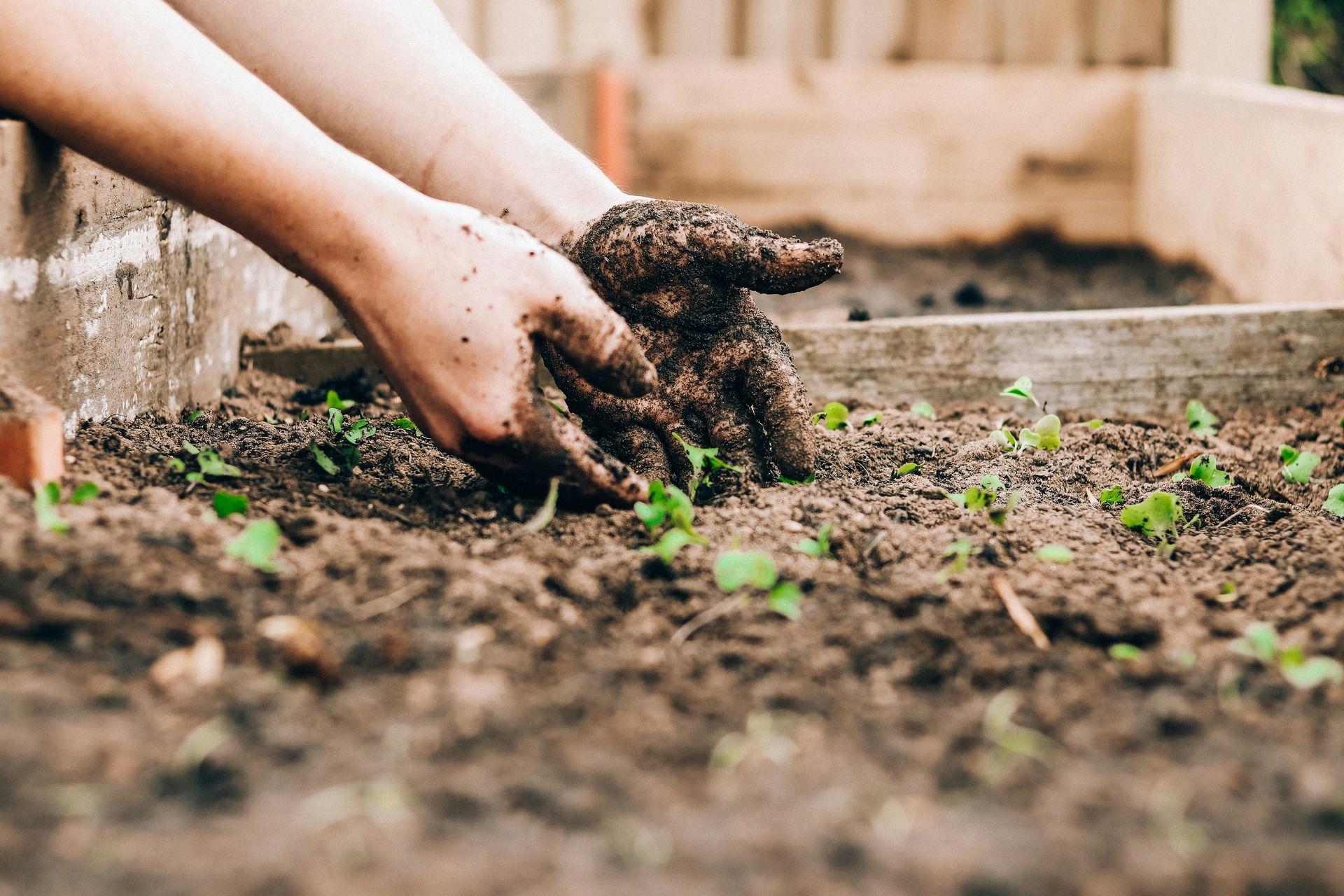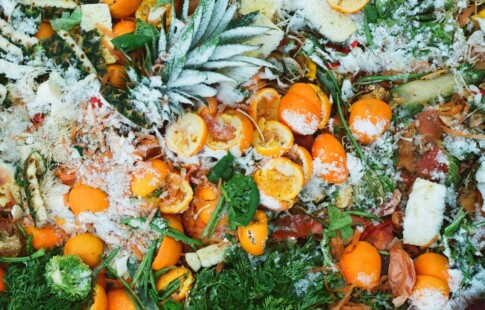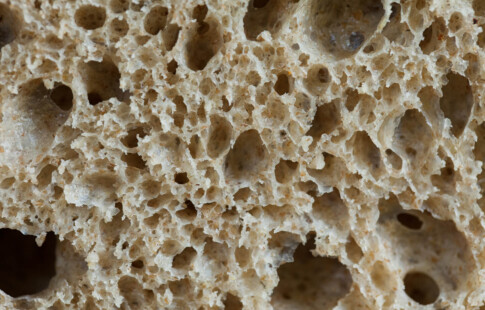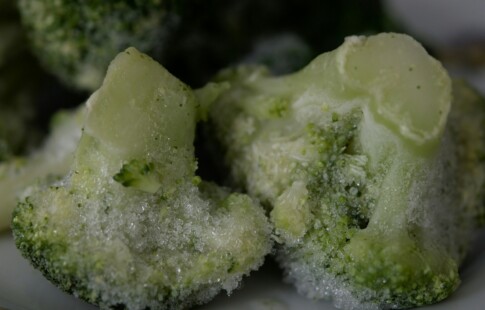
How an Organic Garden Can Transform Your Meals
We are reader-supported. When you buy through links on our site, we may earn affiliate commission.
An organic garden is a natural approach to gardening, focusing on growing fruits, vegetables and herbs without synthetic fertilizers or pesticides. This method relies on sustainable practices like composting, natural pest control and using heirloom seeds.
Recently, there’s been a surge in interest in organic foods and home gardening. People are becoming more health-conscious and environmentally aware. They’re seeking fresher, toxin-free produce and enjoy the personal satisfaction and connection to nature that comes with growing their food.
The Basics of an Organic Garden
An “organic” garden is known for its adherence to natural growing practices, focusing on the ecosystem’s health.
Soil Health
The foundation of an organic garden is rich, nutrient-dense soil. This gardening type uses compost, green manure and organic matter to nourish the soil. Healthy soil leads to more vigorous plants resilient to pests and diseases.
Non-GMO Seeds
Choosing non-GMO (Genetically Modified Organism) seeds is a pillar of organic gardening. These seeds come from naturally pollinated plants, ensuring genetic diversity and maintaining the integrity of plant species.
Natural Pest Control
Instead of relying on synthetic pesticides, organic gardens utilize natural pest control methods. It includes encouraging beneficial insects, using natural repellents and practicing crop rotation to deter posts.
Gardeners can’t overstress the importance of avoiding chemicals and pesticides in organic gardening. Eighty percent of GMOs worldwide have developed a herbicide tolerance, intensifying the necessity for toxic herbicides and reducing ecosystem biodiversity.
Benefits of Organic Produce for Cooking
Organic produce often stands out for its taste and nutritional benefits compared to non-organic counterparts.
- Taste: many people report that organic fruits and vegetables taste fresher and more flavorful. This is due to the healthier soil and the absence of synthetic chemicals in their growth.
- Nutritional benefits: Organic produce has 20 to 40% more antioxidants, like flavonoids, anthocyanins and carotenoids. They have to fend off pests naturally, which often increases the production of protective compounds.
The freshness of home-grown ingredients is another significant factor. You often consume produce from your garden shortly after harvesting, which means it retains more nutrients and flavors. The longer the time between harvest and consumption, the more nutrients fruits and vegetables tend to lose.
Moreover, the variety of organic produce you can grow is vast. The options are nearly endless, from everyday staples — like tomatoes and lettuce — to more exotic choices, like heirloom varieties and unusual herbs.
Impact on Meal Planning and Preparation
Having an organic garden influences meal planning. It encourages a seasonal and varied diet, as you tend to cook based on what’s available in your yard.
Seasonal Cooking
One essential aspect is learning to cook with what’s in season. It might mean salads and fresh veggies in the summer or root vegetables and squashes in the fall. Seasonal cooking tastes better and aligns with the body’s nutritional needs throughout the year.
Meal Planning Tips
Plan your meals around your harvest. If you have a surplus of tomatoes, think about pasta sauces, salsas or salads. Leafy greens can be great for smoothies or stir-fries. Being flexible and creative with your garden’s production is part of the fun.
Preserving Excess Produce
When you have more produce than you can use, preservation is imperative.
- Canning: Preserve fruits and vegetables as jams, jellies, pickles or relishes. This method is excellent for tomatoes, cucumbers and fruits. Ensure to boil the jars you will use for at least 10 minutes to sterilize them.
- Freezing: Many vegetables and fruits freeze well. Blanching vegetables before freezing helps retain flavor and nutritional value.
- Drying: Herbs and some fruits are perfect for drying. You can use a dehydrator or air-dry herbs for later use in cooking.
These practices help reduce food waste and ensure you enjoy your garden’s bounty throughout the year.
Creative Recipes Using Organic Garden Produce
Organic garden produce is versatile and can inspire creative recipes across different cuisines. Here are some ideas that highlight the freshness and flavor of your garden harvest:
- Fresh herb pesto: Use your garden’s basil, parsley or cilantro to make a vibrant pesto. Blend with garlic, nuts, olive oil and parmesan cheese.
- Vegetable stir-fry: Combine garden vegetables like broccoli, carrots and snap peas. Stir-fry with garlic, ginger and soy sauce for a quick, flavorful meal.
- Savory zucchini bread: Grate zucchini from your garden and incorporate it into the bread batter for a moist, tasty loaf. Add herbs — like thyme or rosemary — for extra flavor.
- Ratatouille: This classic Fresh dish uses eggplant, zucchini and bell peppers. Slow-cook with tomatoes and herbs for a delicious stew.
Encourage experimentation by mixing and matching garden ingredients. It helps develop new recipes and makes cooking more fun and rewarding.
Eco-Friendly and Health Aspects
Organic gardens offer substantial environmental benefits. Avoiding synthetic fertilizers and pesticides reduces chemical runoff and soil pollution, preserving local water quality and biodiversity. Organic gardening also promotes healthier soil, which is better at capturing carbon, thus helping in the fight against climate change.
The health benefits of consuming organically grown food are significant. These foods are free from harmful chemical residues, often have higher nutrient levels and are generally safer and healthier. Eating organically grown produce can reduce exposure to pesticides and other potentially harmful chemicals.
It’s noteworthy that a large portion of U.S. adults, about 72%, do not engage in composting practices. It is a natural process of recycling organic material, like leaves and vegetable scraps, into a rich soil amendment.
Incorporating composting into your organic gardening practices will enrich your gardens and significantly benefit the environment by reducing landfill waste and greenhouse gas emissions.
Getting Started with Your Organic Garden
Starting a small organic garden at home is a rewarding endeavor. Here are some essential tips to get you started:
- Choose the right location: Look for a spot with at least six to eight hours of sunlight daily. Make sure it’s accessible for watering and maintenance.
- Start small: Begin with a manageable size. A few pots or a small plot can yield plenty of produce without being overwhelming.
- Select suitable plants: Choose appropriate plants for your climate and growing conditions. Start with easy-to-grow vegetables and herbs like lettuce, tomatoes, basil and peppers.
- Focus on soil health: Use organic compost to enrich your soil. Healthy soil is the foundation of a successful organic garden.
- Water wisely: Water your plants in the early morning or late afternoon to minimize evaporation. Consider a drip irrigation system for efficiency.
- Practice natural pest control: Use companion planting, encourage beneficial insects and use organic methods to control pests.
- Mulch your garden: Mulch helps retain up to 70% moisture, suppress weeds and improve soil quality.
Harvesting Rewards in an Organic Garden
Organic gardening lets you embark on a healthier lifestyle and a deeper connection with nature. Watching your planted seeds grow into nourishing food for your table is incredibly fulfilling. This process provides a sense of accomplishment and offers a peaceful escape from the hustle and bustle of daily life.
Whether you have a large backyard or a small balcony, there’s a way to make gardening work for you. So, embrace the dirt, enjoy the fresh air and relish the joy of harvesting your home-grown produce.
Share on
Like what you read? Join other Environment.co readers!
Get the latest updates on our planet by subscribing to the Environment.co newsletter!
About the author

Jane Marsh
Starting from an early age, Jane Marsh loved all animals and became a budding environmentalist. Now, Jane works as the Editor-in-Chief of Environment.co where she covers topics related to climate policy, renewable energy, the food industry, and more.





